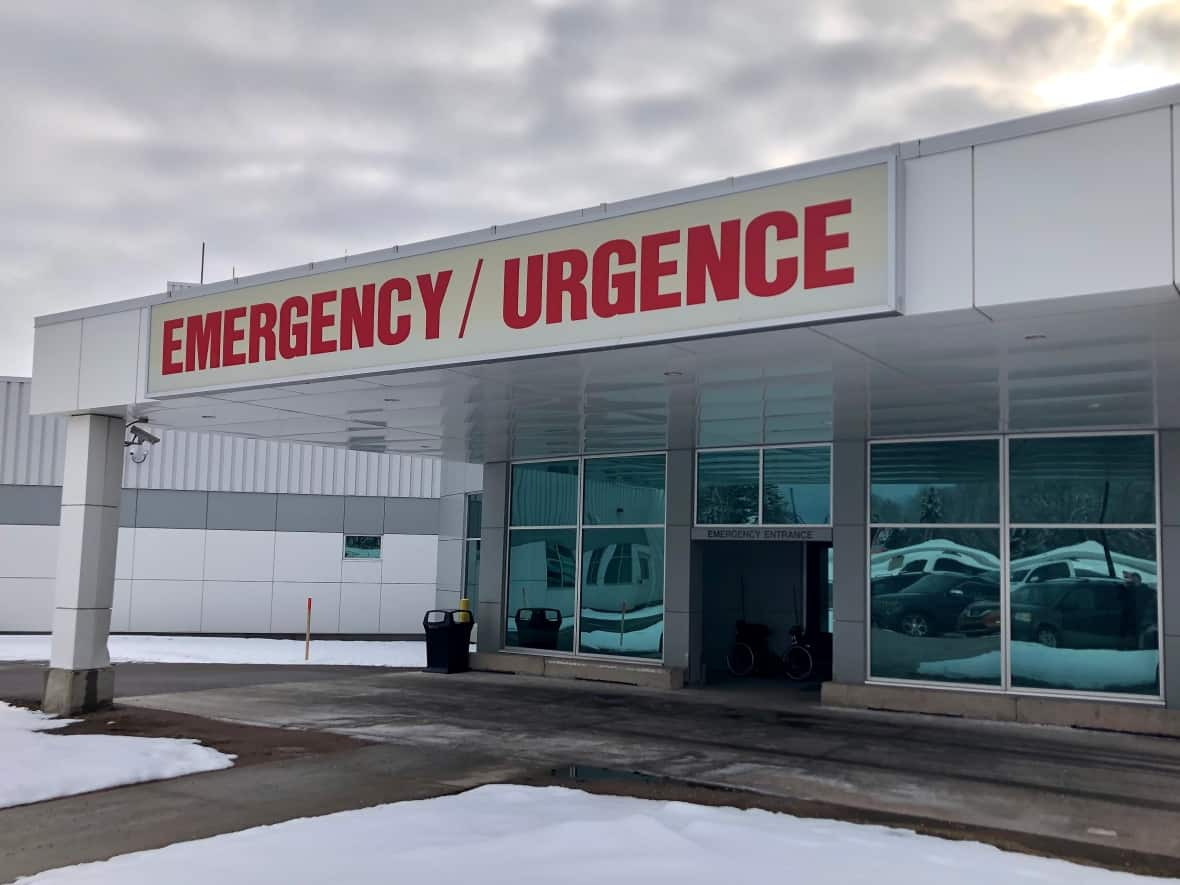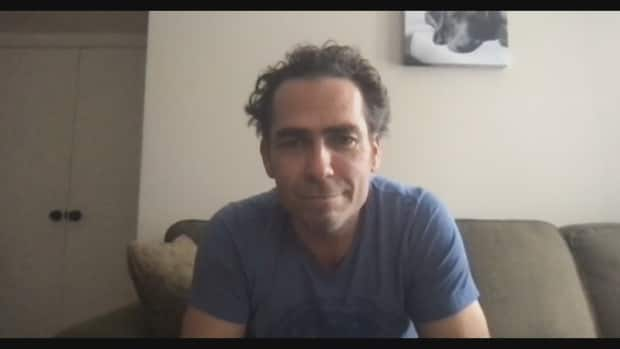I've tested positive for COVID-19. Can I still go to the emergency room?

One woman on P.E.I. who tested positive for COVID-19 says she's left with questions after spending hours in an Island emergency room without seeing a doctor.
Kendal Winegarden said when she arrived at the hospital, staff questioned her about why she would come when she knew she was positive for COVID-19 – and now she's asking where people who are positive for the virus should turn when symptoms get worse?
Winegarden found out she had tested positive for COVID-19 last Monday. She had a number of symptoms – a cough, sore throat and fatigue. But by Thursday morning those symptoms began to get worse.
"I was short of breath, I couldn't do anything and I was feeling tightness in my chest," Winegarden said.
Even something like taking a shower left her unable to catch her breath, she said. Winegarden is immune-compromised and lives in rural P.E.I. and said she was worried about being stuck without care if her symptoms were to get much worse.
She called 811 and the province's COVID-19 line with no luck speaking to anyone. When her breathing hadn't improved she called the Queen Elizabeth Hospital in Charlottetown and was told to come into the emergency department right away.
But when she got there, staff asked her why she would come when she knew she had COVID-19.

"I said 'Because I was told to and because I had trouble breathing.' And her response was, 'Well we try to keep people with COVID out of the hospital' and I said, 'Well I wouldn't be here if I didn't feel like maybe I should be checked out.'"
Winegarden said the triage nurse checked her vitals and she was told to sit in a COVID-19 waiting area. She said she waited there for more than six hours and was told the hospital was very busy and it could be morning before she was seen by a physician. At that point it was only 6 p.m., so Winegarden said she gave up and went home.
She said her fever broke the following morning and she's now feeling much better. But the experience left her with one pressing question:
"What are people supposed to do, really? If you have COVID symptoms and you're positive, you do the right thing, you isolate … what are people who have COVID symptoms worsening supposed to do?"
If you're feeling awful, come to the ER
Dr. Tom Kaul, co-chief of the QEH emergency department, said the evening Winegarden came into the hospital was a very busy one, which is common.
But her decision to come to the emergency room was the right one.
"If you're feeling awful, and you feel like trying to get from your couch to the bathroom renders you very short of breath, then absolutely you should come in for assessment and I hope that assessment will be reassuring," Kaul said.
Dr. Kaul said he knows wait times in the emergency department can be long. He was working the night Winegarden came to seek care.

In the past few weeks, he said about 20 per cent of people visiting the QEH emergency department leave without seeing a physician. He said that's because of the ER's limited capacity, caused by a combination of staffing shortages and high number of people seeking care.
Something COVID-19 hasn't helped.
But, Dr. Kaul said anyone coming to the ER should be reassured that an assessment by a triage nurse will tell you whether you need to be admitted to hospital.
"I would certainly put forward how valuable the assessments by our nursing staff are because your vital signs and things we do readily get at the door — listen to your chest, and an assessment of your breathing — are really critical and replicate what we're going to do as physicians as well," he said.
"That triage assessment is really valuable and — if reassuring to the triage nurse — should hopefully be reassuring to patients as well."
Cough and fever clinics also an option
Winegarden said she's feeling better now and, after isolating with her family, she hopes they can all put their experience with COVID-19 behind them.
Dr. Kaul said the goal is to see every patient who comes into the ER for care and while there can be long waits, that shouldn't deter people from coming to the hospital if they are worried about their condition — whether they've been diagnosed with COVID-19 or not.
He said people with COVID-19 can also visit the province's cough and fever clinics if they're worried about their symptoms.


